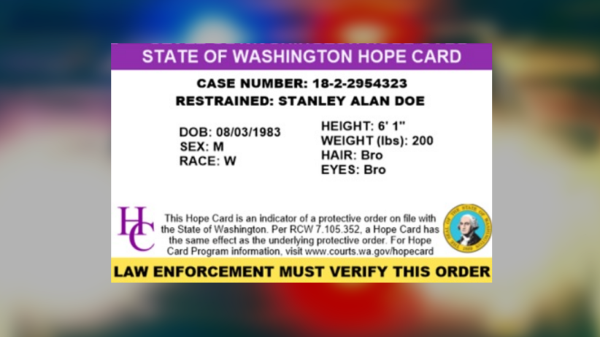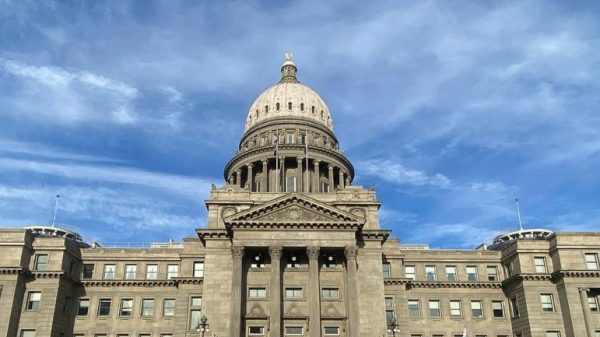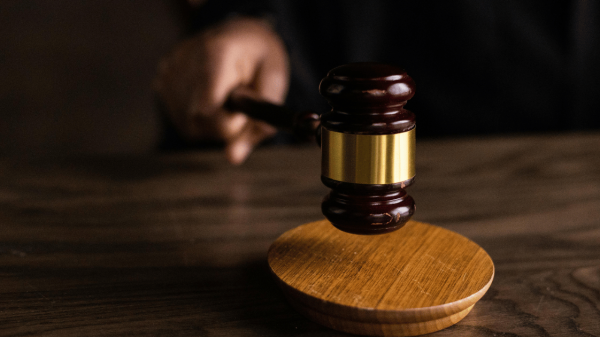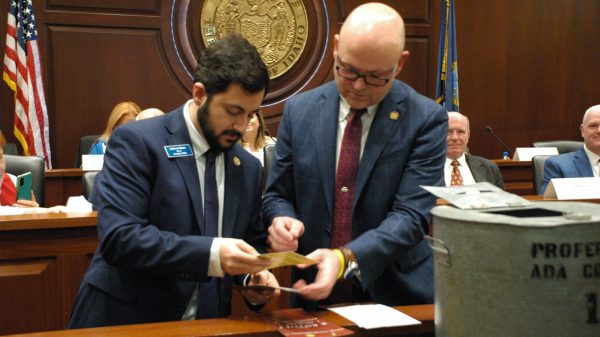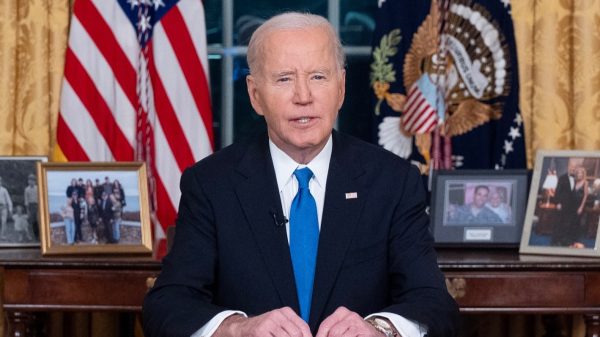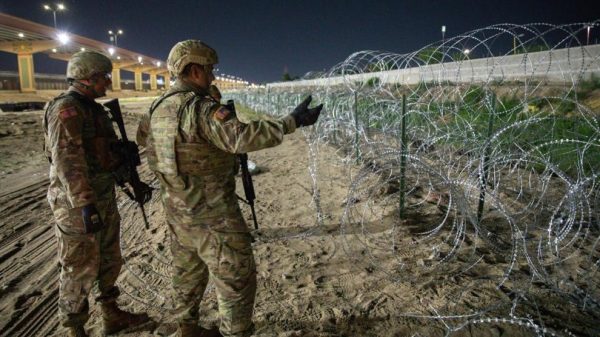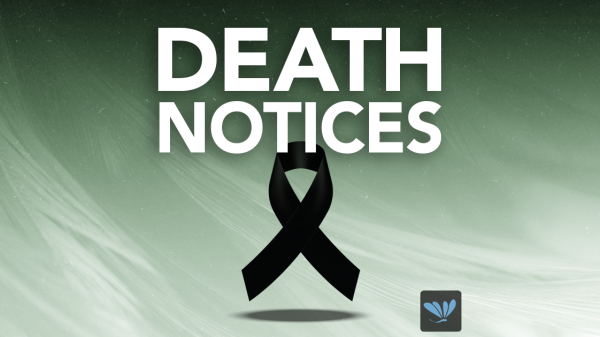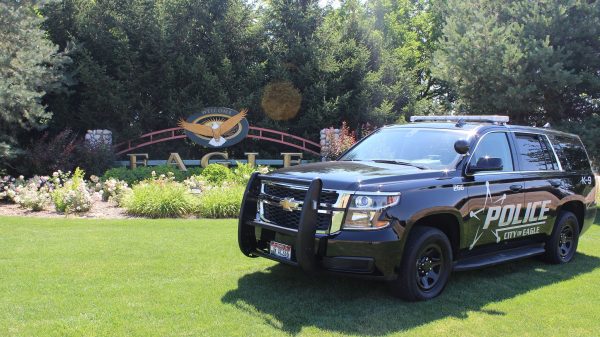(Olympia, WA) Jamie Sullivan became the first person to receive a Hope Card from Washington state on Thursday.
In 2016, a former dating partner began stalking her using GPS trackers, surveillance video, disguises, and home break-ins. This ended after a physical confrontation with her stalker in the middle of the night when she found him tampering with her car. Sullivan says she only survived because she was underestimated and armed.
Since then, Sullivan was issued a protection order that expires in 2099 and was told to keep it with her at all times. These bulky documents can have anywhere from 10 to 20 pages, with survivors of domestic violence, sexual assault, and stalking often carrying multiple copies.
Sullivan found this impractical, degrading, indiscrete and outdated.
Scott Ahlf, chief legal counsel at the Administrative Office of the Courts said that when he first started issuing protection orders, they typically fit onto one sheet of paper. “You can’t do that any longer. Through legislation and case law, orders are now more than 10 pages long,” he said.
In 2023, Sullivan reached out to Rep. Dan Griffey, R-Allyn, who sponsored House Bill 1766, to create a Hope Card program to offer wallet-sized cards with information about a protection order.
These cards contain the restrained person’s name and description along with the protected individual’s name, birth date, and some basic information about their case.
Protection orders are a safety tool for law enforcement and survivors. But when survivors don’t carry them, it prevents police from effectively using them. Hope cards are intended as a fix.
Thurston County Sheriff Derek Sanders said passage of House Bill 1310 in 2021 restricted police from using force unless they had probable cause. Sanders said it also limited law enforcement’s ability to deal with protection order violations because they had to call dispatch to confirm the orders to gain probable cause.
“I do think that this provides a lot more context and better information, a lot quicker for law enforcement officers who are needing to make really quick decisions on the go,” Sanders said.
Survivors pushed for the bill in 2023 and it won unanimous approval from lawmakers. It became effective on Jan. 1 of this year. In the two weeks since the program launched, its website has received more than 1,800 visits and 60 Hope Card requests.
This legislation was inspired by the Crow Tribe in Montana, which started the Purple Feather Campaign and Hope Card initiative to address domestic violence. Washington now joins 10 other states with Hope Card programs.
Hope Cards are available free of charge to anyone, including minors, who have a full civil protection order. They can be used until the protection order expires, is dismissed, or is modified.
“I’m a teacher, and I see kids’ backpacks and they are incapable of carrying paperwork for any length of time,” Sullivan said. “So having a card they can keep in a pocket, backpack, or wallet makes a lot more sense when we’re talking about minors having to carry an order as well.”
Rep. Lauren Davis, D-Shoreline, became the second person in Washington state to be issued a Hope Card, following her domestic violence protection order against her former partner in 2022.
“This card represents the day that I was believed, and I want to thank the state of Washington for affirming that belief today,” Davis said.
This story first appeared on Washington State Standard.









